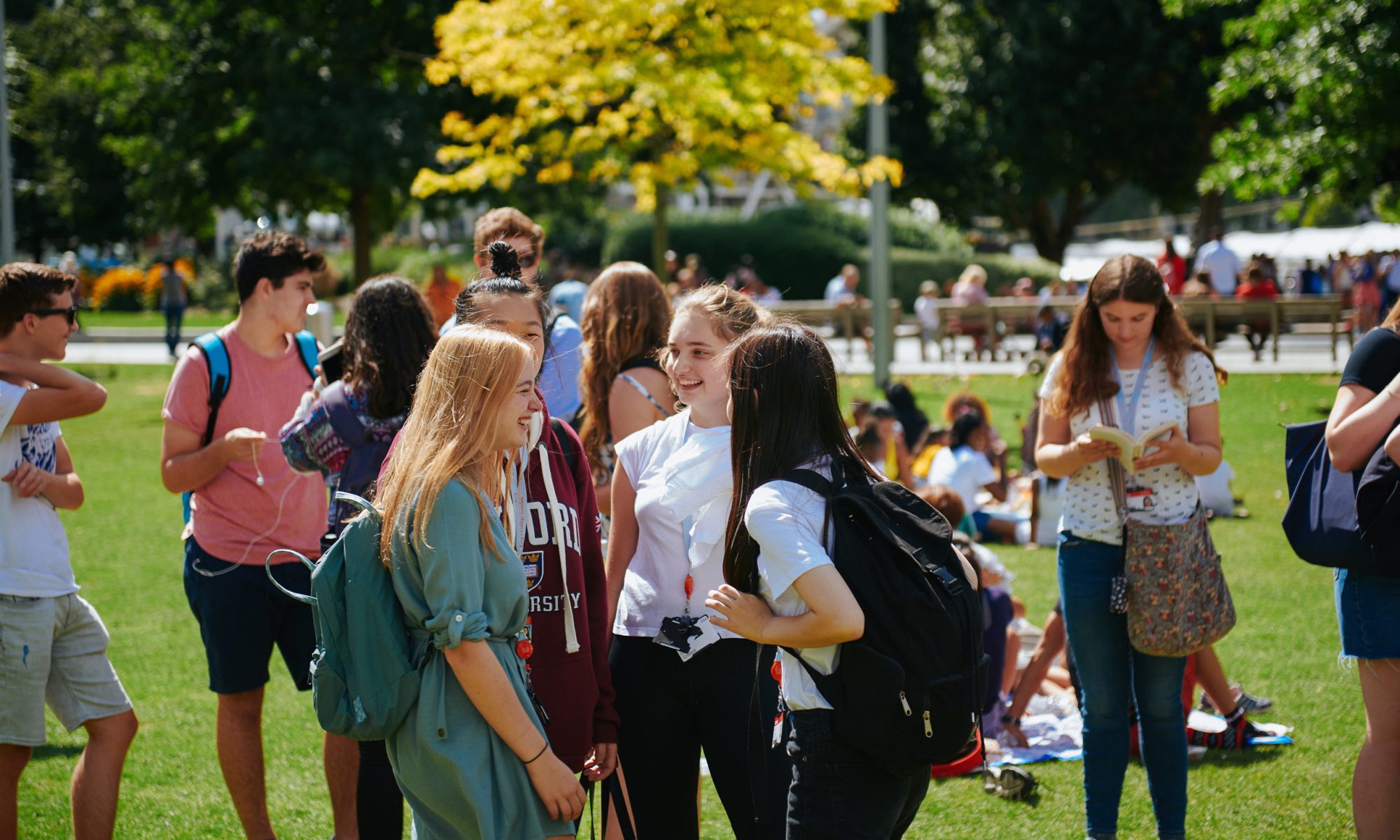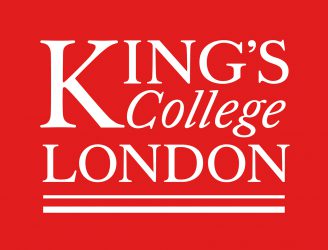One only needs follow some of the ongoing ping-pong between the Americans and the Russians regarding Ukraine to understand how defunct International Organisations are and how present the role of the state is. A few questions have arisen with renewed strength and added to a long line of enquiry, such as:
– What is the purpose of the United Nations?
– Why is NATO still around when the Cold War is well over?
– How much can the European Union achieve without hard power (that is an European army of some shape)?
I tend to support those arguing that a globalised and strongly interdependent world cannot rely on the role of nation states alone and that strong International Organisations have a pivotal role to play. In the first instance, they ensure that smaller states are represented, whereas if we lived in condition of anarchy, only the strongest states would benefit. Secondly, in negotiating treaties and treaty reforms, International Organisations can balance out the interests of weaker states against those of hegemonic such. This is especially relevant to better (scarce) resource allocation and distribution in order to attain larger objectives, such as poverty eradication, global health outreach, global access to education, and greater gender equality, cultural, ethnic and religious tolerance. Precisely the reforms required of International Organizations in order to better respond to such challenges are studied in depth in the Summer School course ‘Global Governance: International Organisations in Crisis’. We focus squarely on key institutions, which are however dated in the context of the new millennium. The United Nations is a prime candidate for reform by unanimous consent. Founded on the principle of inclusion at the end of the Second World War, its present fabric is no longer consistent with the shift in power East and South. In the fourth wave of globalisation, which we are living through today, we ask the following questions amongst others: Is the Security Council viable? Under what conditions may either of India, Brazil, Germany or Japan gain a seat? Is Ukraine a testimony to the return of hegemonic stability or symptomatic of the emergence of a new global order about which we know very little? What is the place of regional organisations, such as the European Union in this?
London is uniquely suited to exploring such topical issues, being the seat of a vibrant diplomatic community and many think-tanks dedicated to research and debate of these key themes. It further houses the headquarters of the United Nations IMO, which students will have the opportunity to visit. Furthermore, it is in close proximity to those international organisations and institutions situated in Paris (OECD) and Brussels (EU). In previous years the course has undertaken trips to Paris and Brussels.
Dr. Diana Bozhilova AKC
Visiting Research Fellow
Centre for Hellenic Studies
Tutor, Summer School and International Programmes
King’s College London
Strand WC2R 2LS



 We are lucky that our course will take place at the Strand Campus, a prime location in London. With this advantage, we have access to the Imperial War Museum, the British Library and the extensive historical archives in King’s College. Both myself and Giuditta are very excited to announce our collaboration with the Archives Centre at Kings: they are helping us to develop a workshop on revolutionary propaganda, including exclusive access to documents on the British Fascist movement and India’s transition to from colonial rule to national independence.
We are lucky that our course will take place at the Strand Campus, a prime location in London. With this advantage, we have access to the Imperial War Museum, the British Library and the extensive historical archives in King’s College. Both myself and Giuditta are very excited to announce our collaboration with the Archives Centre at Kings: they are helping us to develop a workshop on revolutionary propaganda, including exclusive access to documents on the British Fascist movement and India’s transition to from colonial rule to national independence.
